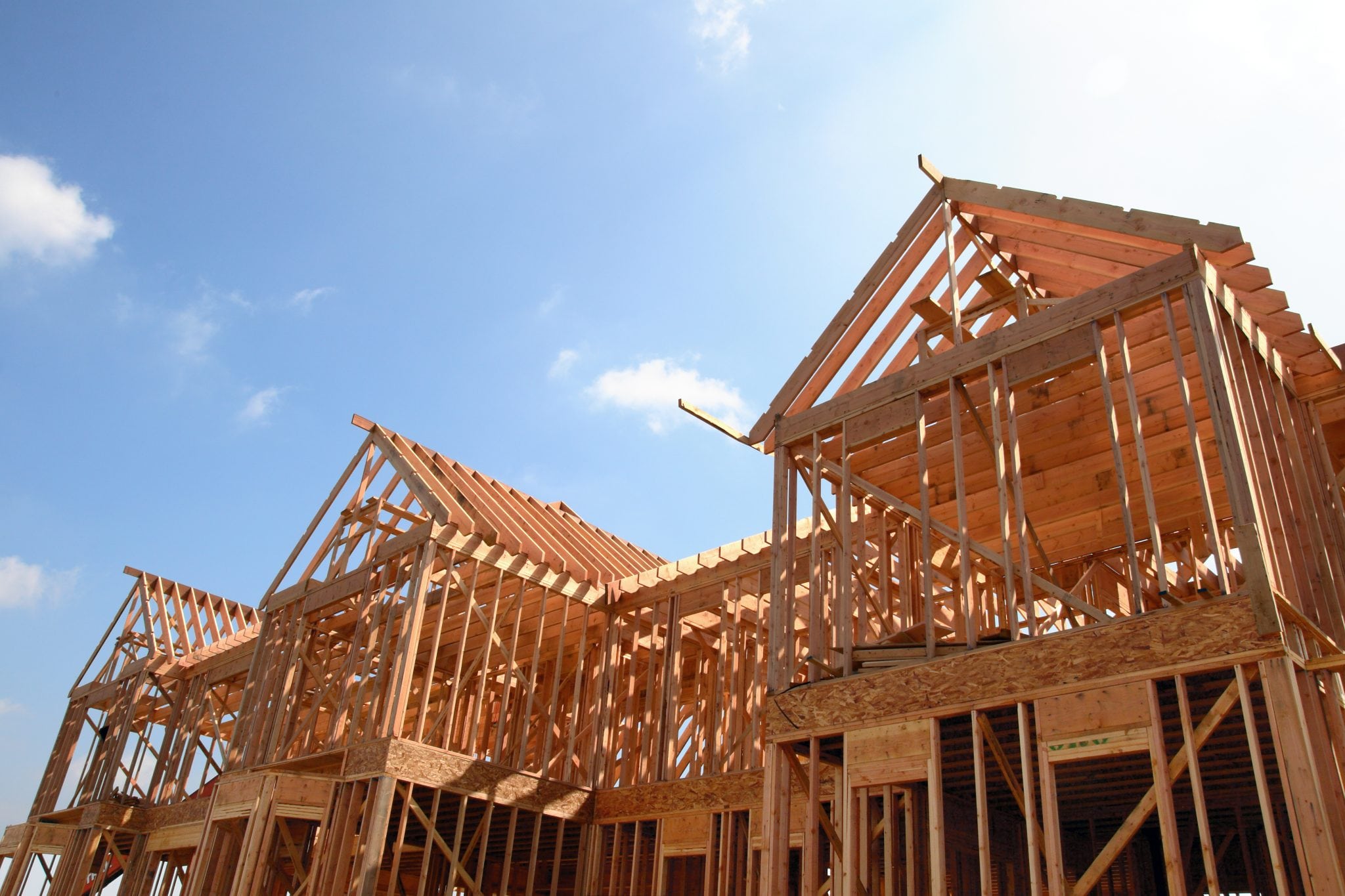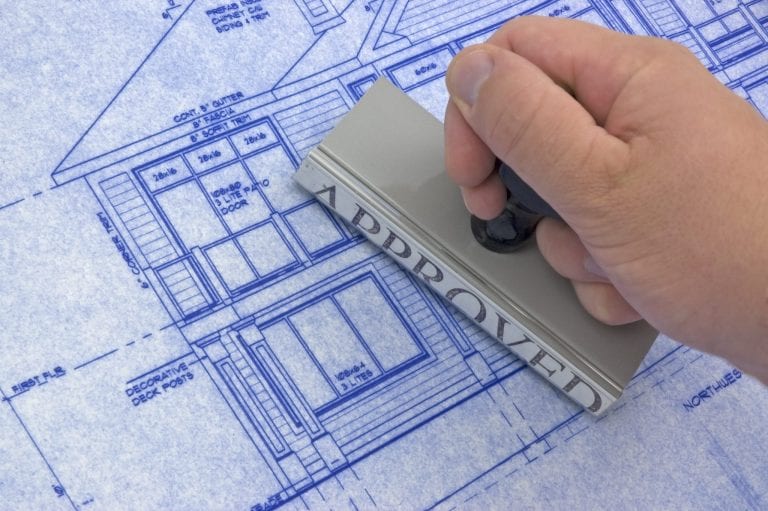
Subcontractors USA News Provider
One year after thousands of homes in Houston, Beaumont, Port Arthur and along the Gulf Coast were flooded and destroyed by Hurricane Harvey, the calls are still coming into our office for help with building permits.
For instance: disabled veterans asking if they have special benefits to pay for building permits; desperate homeowners that repaired their own homes and now requiring a permit to obtain an SBA home loan; single mothers looking for affordable places to live while their home is repaired; persons who obtained their Homeowners Association approval and left flat-footed on next steps for a City building permit; and questions like “Can you pull a trade permit for an electrician who is not licensed?” —the stories continue.
Many of the homeowners that we spoke with had been informed by their contractors that they did not require a building permit. In some cases, this was true, yet for most of the callers, this was false while the homeowners scramble to get back to normal after one year of being displaced due to Hurricane Harvey.
We get it! We realize pulling jurisdictional permits is time consuming and can be frustrating most of the time. But cutting corners by failing to pull a building or repair permit causes your customer additional woes, undue stress and incurred higher costs.
The city of Houston alone has approximately 30,000 homes that require rebuilding from Harvey flooding. And when combined with the other impacted cities along the Gulf Coast, contractors and subcontractors have a residential repair market worth hundreds of millions to billions of dollars to pursue. Taking care of customers is priority one in building a sustainable business during this time. And this means pulling the required jurisdiction building and repair permits.
To assist you in this effort, here are three points to consider in serving residential clients a year after Hurricane Harvey.
Contact Your Industry Association: If have questions about certain building codes or the latest changes from the jurisdiction where your project is located, calling and meeting with the Industry Associations is a wise choice. Industry Associations typically have code experts on staff and can offer insights to assist you in avoiding pitfalls on projects. If you are not a member of an industry association, still make the call, as most Industry Associations are helpful to the building community to make sure quality work is being provided.
Call the Texas Department of Licensing and Regulations (TDLR): There is a known shortage of state licensed trade contractors in certain areas and to minimize any concerns, you can contact TDLR to check if a subcontractor is licensed and has an active license. TDLR licenses and regulates electrician, HVAC, towing and mold remediation. Visit www.tdlr.texas.gov or call toll free – (800) 803-9202 and on Twitter @TdlrLicense.
Post Permit on Job Site: The best way to assure your residential customers that repairs and rebuilding efforts are being performed in accordance to City Permitting guidelines is to properly post building and repair permits. Your can also provide a copy to your customer for their records and possible use in obtaining home loans.
In Conclusion
I humbly finish writing this article as I look out of my office window overlooking Lake Houston. We are still one of the few businesses that returned to Kings Harbor in Kingwood, TX, one of the hardest hit areas by Harvey’s devastating floods. At least 17,000 homes were damaged in the area; and we hear the stories as many homeowners continue to recover.
As a contractor or subcontractor working in Kingwood, TX or in Corpus Christi or another impacted area in Texas, we encourage you to pull building and repair permits when required. Doing so helps you and the homeowner in the long run.
We are building permitting experts and we are grateful to be able to help the Gulf Coast rebuild after Harvey, one permit at a time. Build Safe.
(Texas Department of Licensing and Regulations)





